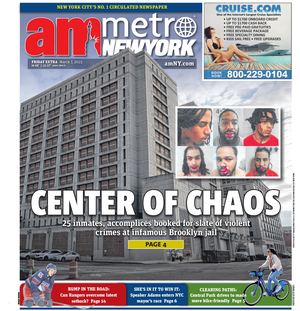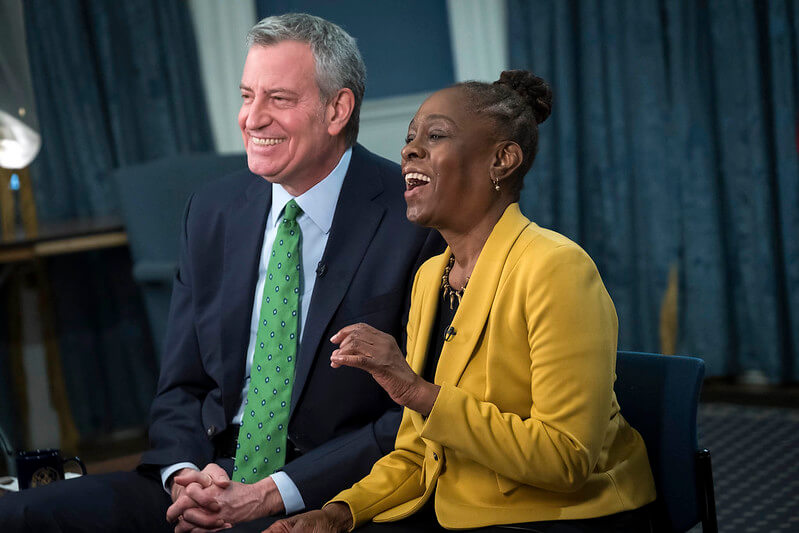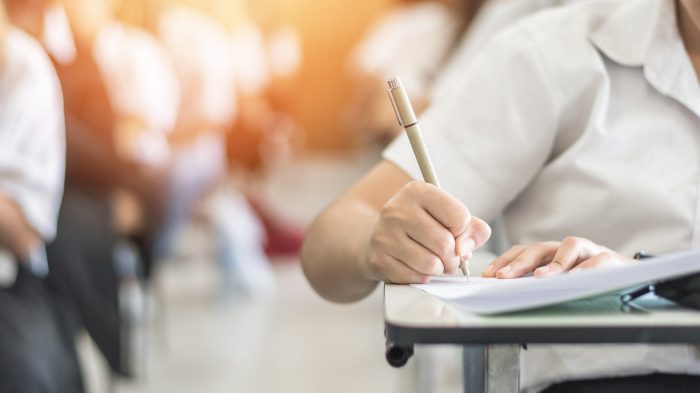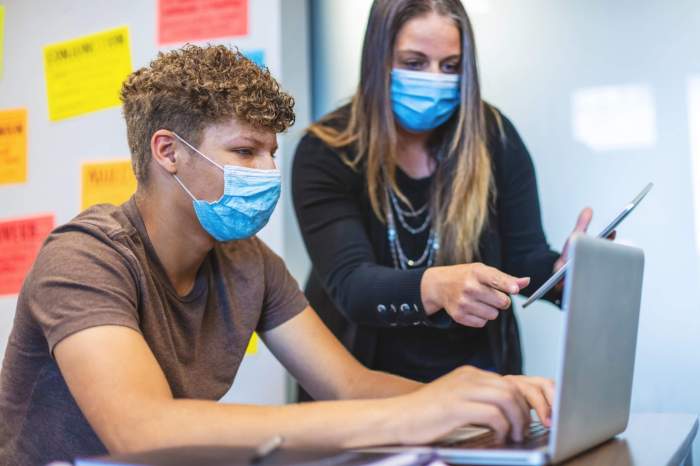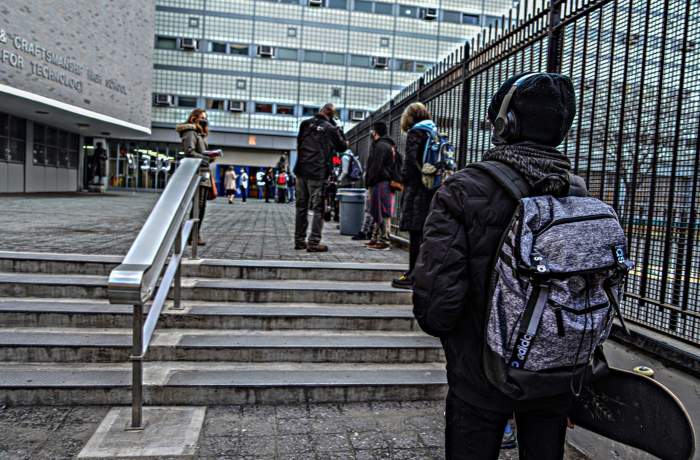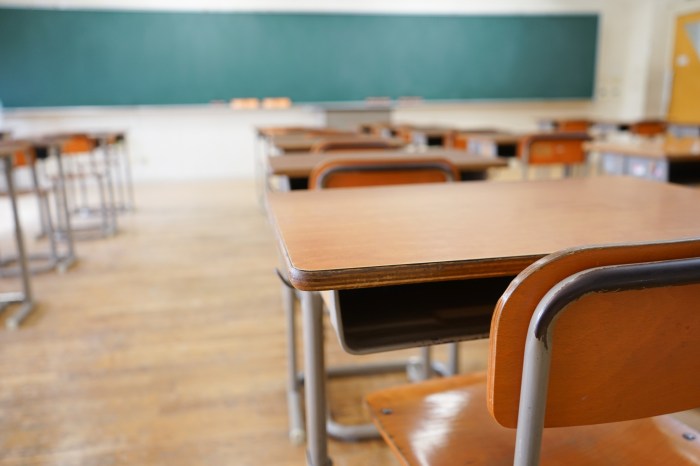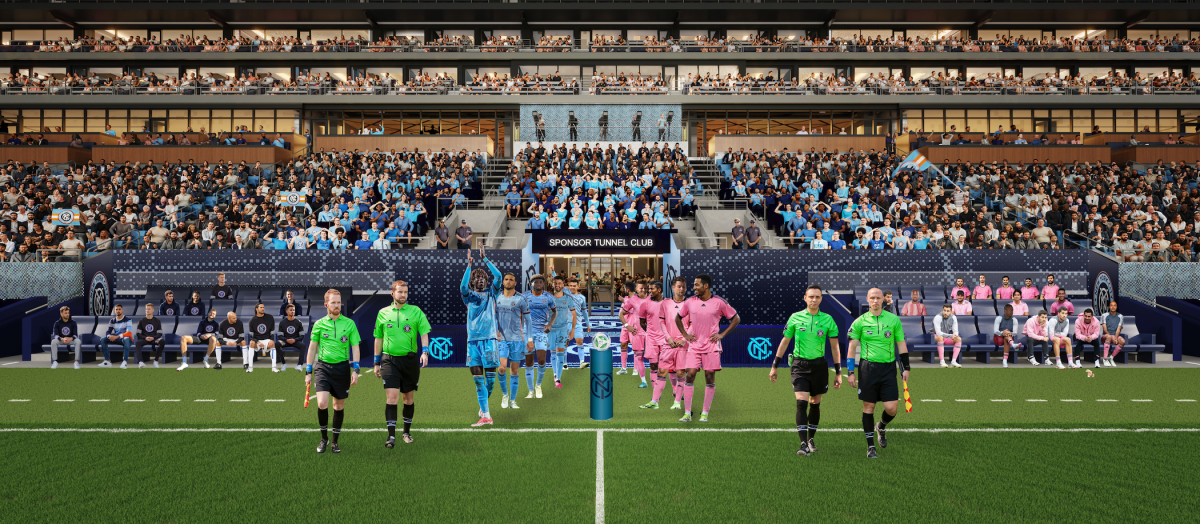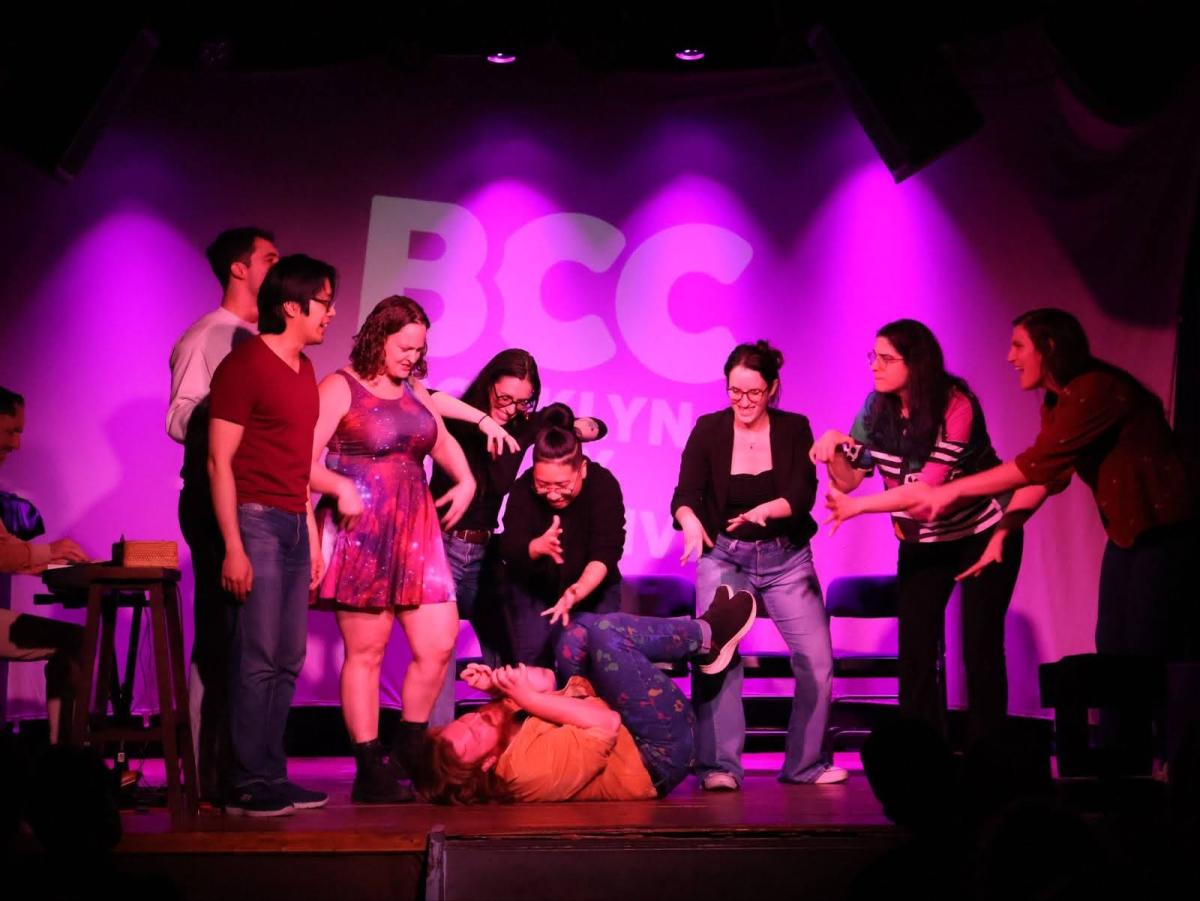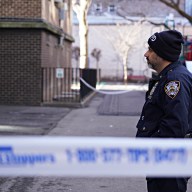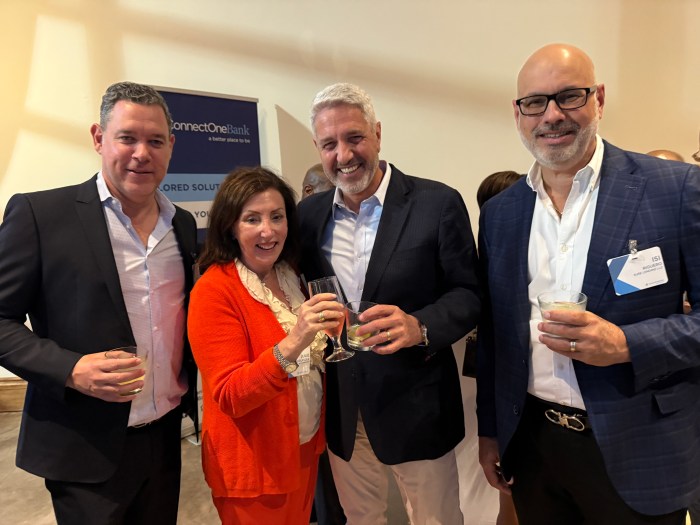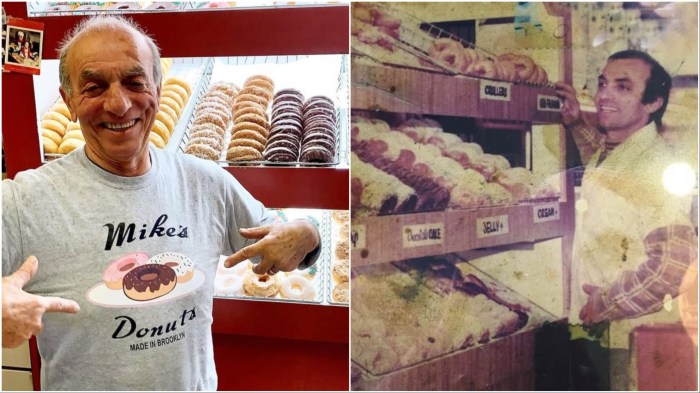Outgoing First Lady Chirlane McCray took some time to talk with amNewYork Metro on Thursday about the full return to classrooms, mental and health, and some next steps for her after Mayor Bill de Blasio officially leaves office later this year.
Here is the Q&A with the First Lady which has been lightly edited for length, style, and clarity:
AmNewYork Metro: How do you feel entering into the new school year and about the state of mental health care for New York City students that have been through so much over the last 18 months of the pandemic?
McCray: I always say that our children walk into the classroom with more than a backpack and that is more true than ever given what we’ve been going through. When I went into school on Monday I was so excited, I felt like a little kid myself and I was so pleased to see the teachers, school staff, they really presented a warm and welcoming environment. If I could feel the warmth I know that students will feel that too. We are really ready for the school year.
We are engaging parents but we are making sure that when students walk into the classroom they are getting a screen. We have a universal social-emotional screening tool that’s going to be available to all students to help school staff check in with students and make sure that they know where the student is in terms of their development, be able to identify the signs of trauma or distress that are present and really helps us pay more individual attention to every child and planning steps for providing care if necessary.
Schools want to get to know students before implementing this so they’re going to begin in one or two months but I am very excited about this because we all know that this has been a tough year for our young people. We’ve also hired hundreds of new school-based social workers so every school will have at least one full-time social worker.
All of our schools will have a school-based mental health clinic, in the school or in the neighborhood that can serve these young people if there is a need. Now, of course, there are pre-existing support systems like community school programs. So you know, we’ve got 6,000 social workers, guidance counselors, school psychologists who will be providing support to students in addition to these clinics.
AmNewYork Metro: Are there any other initiatives you are going to announce or try to push aimed at addressing students’ mental health within the year and what are some steps being taken to institutionalize some of the steps taken by the City to help kids struggling with their mental health?
McCray: It may not be visible but we’ve been focused on social-emotional learning and the mental health of our students long before COVID. It didn’t get much fanfare or coverage but we launched SEL citywide in 2019. And even before then, we had SEL in many of our classes.
So for our city, it’s not a new thing, at least with the mental health curriculum. And we are way ahead of all cities in the nation in that respect. So, now the screenings are new and they are going to be like a regular mental checkup for every student. We have trained teachers, DOE has trained thousands of staff in the spring and summer in trauma 101 and that was focused on grief, loss, bereavement, and self-care in a crisis.
We have more trauma response education practices, there is an online trauma professional learning platform that helps our school staff recognize the signs and symptoms of trauma and we have more than 75,000 educators and community partners who have participated in this.
Thrive is bigger and better now. Because of the pandemic, people are more aware of the need [for mental health care.] When we started Thrive, no one was having a public conversation about that stuff. Now we are and people are more aware of what is needed. This work isn´t done and we’ve got a lot more to do but we are very advanced in terms of our infrastructure. I can’t emphasize that enough. Again, I know no other city that has a city-wide mental health curriculum, screenings, and the number of staff trained in trauma-informed care. We have so much and we are going to do more.
AmNewYork Metro: Do you want to go into more detail about what else might be done?
McCray: I think the actual using of our clinics that have been established, it’s one thing to say something another to implement. And by engaging parents, I think that that is going to be key to successfully addressing the whole child.
We have a Parent University which we are expanding and that will include resources that help families understand what their child might need and if their child might need social, emotional, and mental health support. A lot of parents, most parents, didn’t come up with vocabulary with a language to talk about mental health. So parents are going to have access to a hotline, a parent hotline, where counselors who are trained in the social-emotional screener can talk to them and answer their questions and provide families with community-based options for care.
The families of our youngest learners will also have expanded access to a four-week family workshop series called “Parenting Through the Pandemic” and that’s really important because we know that with our little ones the parents are often new to parenting and can also use a little extra support. We also launched a new campaign this year called “Let’s Talk NYC” and that is to encourage high school students citywide to reach out to trained and trusted adults in their school communities to talk about mental health and get support when they need it.
Our Office of Community Mental Health, which is our new name for the expanded Thrive umbrella program, began training school staff to be mental health allies by taking a new mental health training ahead of the start of the school year.
AmNewYork Metro: Is there anything you wish you could have done differently with ThriveNYC?
McCray: I wish there could have been more of me. I mean we had a great team but it was very ambitious, very farsighted. I wish I could have done more in general.
It was very labor intensive. We held town halls in every borough, we spent 11 months just talking to people before we even launched it. If I had my druthers and could redo it again we would have taken two years to do that. It takes that much time to get people to understand, get people invested in it, to move forward and that’s something that if, again, if we had the workforce, we would have continued throughout the administration.
It really wasn’t possible given the fact that we had to deal with so many other things but those conversations, which we are having at a smaller scale now, really should have continued throughout. I think that would have helped.
AmNewYork Metro: What are some next steps for you after this year ends? Would you ever consider working for an Adams administration?
McCray: Well, I certainly want to take a break. I do. That’s been very hard to do during this administration. The city never sleeps, that is a true statement. But I do want to continue working on mental health. That is, that is without question. And we have so much more to do in terms of workforce.
I wanted to actually give you statistics that I recently came across. The number of mental health providers in Manhattan is 110 to one. But in Brooklyn, it’s 430 to one, in the Bronx it’s 460 to one and Queens is 580 to one, and Staten Island it’s 420 to one. That shows you the disparity that exists with our workforce and that is something we desperately need to pay attention to.
I would like to say two other things. One, going back to the reopening of our schools, long before schools reopened we had a ¨Bridge to School¨ initiative and that’s where every school leader was trained in how to create a classroom that facilitated healing, how to identify a student in crisis, what to do with a student struggling with grief and bereavement. Now, this launched last school year so we are all very, very aware of the needs of are on young people.
There´s an expression, it´s so much easier to grow a healthy child than repair a broken adult. That is something I also can´t emphasize enough. There´s a treatment for everything. We can minimize problems, we can intervene, everything can be treated so much easier when people are young than when they’re older and an illness might be more entrenched. What we are doing now with our young people is we’re teaching them about how to be mentally fit.
There has always been an emphasis on physical fitness, but they’re actually skills that young people can learn that strengthen their mental fitness and that’s what social-emotional learning is. It´s learning those skills so that they can identify what emotions they are feeling, manage them, channel them, build healthy relationships, empathize with others. All of those things can be taught and help them with their academic learning and help them to be socially mature and help them go into a school setting or a work setting later on and be able to handle themselves with maturity.
We can teach this, and we have not traditionally, and that’s what we’re doing in New York City and I’m very proud of it. I do think that we are growing a new tomorrow with this program. Our students are really going to be complete and full adults as they move forward.
